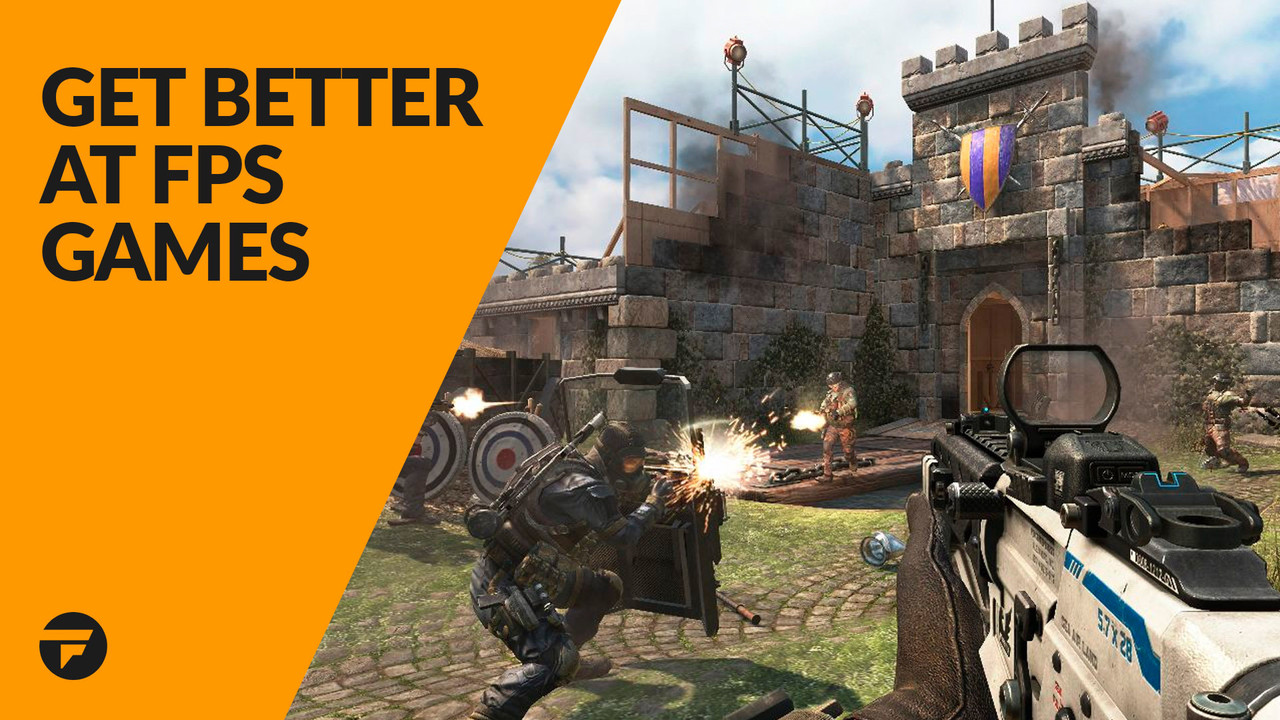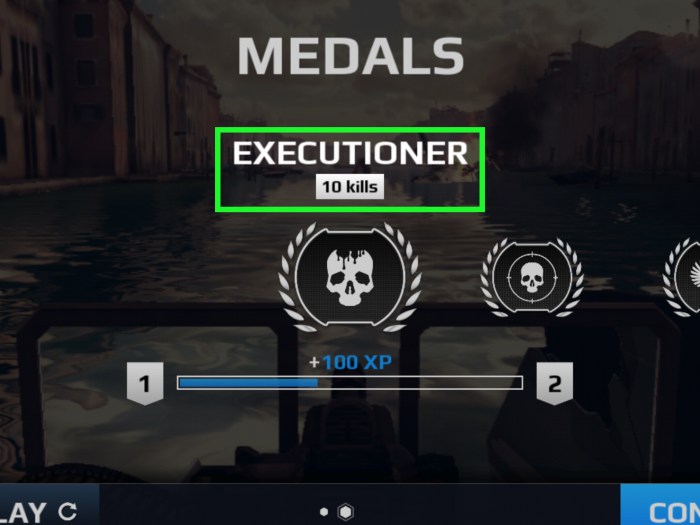Improve reaction time competitive gaming FPS: Dominating the competitive gaming scene hinges on lightning-fast reflexes. This isn’t just about luck; it’s about mastering the intricate interplay of perception, cognitive processing, and motor execution. We’ll dissect the science behind reaction time, explore proven training techniques, and optimize your hardware and software for a significant competitive edge.
Prepare to transform your gameplay.
From understanding the nuances of different reaction time components to implementing strategic in-game tactics, this guide provides a comprehensive roadmap for improvement. We’ll cover everything from optimizing your DPI settings and monitor refresh rate to adopting mindfulness techniques for enhanced focus.
Learn how to analyze your gameplay, identify weaknesses, and consistently refine your skills for peak performance. This isn’t just about improving your reaction time; it’s about unlocking your true potential as a competitive gamer.
Mental and Physical Factors Affecting Performance

Reaction time, a critical component of success in competitive FPS gaming, isn’t solely about reflexes. It’s a complex interplay of mental and physical factors, often overlooked by aspiring pro-gamers. Understanding and optimizing these elements is key to unlocking your full potential and achieving consistent high-level performance.
Ignoring the mental and physical aspects will lead to inconsistent performance and ultimately, defeat.
Stress, fatigue, and sleep deprivation significantly impact reaction time. These factors directly affect cognitive function, slowing down processing speed and hindering decision-making. When under pressure, your brain’s ability to quickly process information and initiate a response is compromised, leading to slower reactions and increased error rates.
This is why consistent, peak performance requires a holistic approach that addresses both the mental and physical aspects of gaming.
Stress, Fatigue, and Sleep Deprivation’s Impact on Reaction Time
Studies have consistently shown a strong correlation between sleep deprivation and impaired cognitive function. For example, research published in the journal -Sleep* demonstrated a significant decrease in reaction time among participants deprived of even a few hours of sleep.
This is because sleep allows the brain to consolidate memories and restore energy, essential for optimal cognitive performance. Fatigue, similarly, impairs cognitive processes, leading to slower reaction times and decreased accuracy. Chronic stress also elevates cortisol levels, impacting cognitive function and leading to poor decision-making under pressure.
The result is a vicious cycle: poor performance increases stress, further hindering performance.
Mindfulness and Meditation for Improved Focus and Reduced Impulsive Reactions
Mindfulness and meditation techniques offer powerful tools for enhancing focus and reducing impulsive reactions. By training your mind to be present and aware, you cultivate a greater capacity for controlled responses. Regular practice of mindfulness can improve your ability to filter distractions, maintain concentration, and make quicker, more informed decisions.
Meditation helps calm the nervous system, reducing stress and anxiety that can impair reaction time. This translates directly to improved in-game performance, characterized by quicker reactions, reduced errors, and enhanced decision-making under pressure. Imagine a scenario where, under immense pressure, you remain calm and make the right call.
This is the power of mindfulness and meditation.
Healthy Lifestyle Choices for Optimal Cognitive Function and Reaction Speed, Improve reaction time competitive gaming FPS
Maintaining a healthy lifestyle is crucial for optimal cognitive function and reaction speed. This involves a multifaceted approach encompassing diet, exercise, and sleep hygiene. These choices are not merely suggestions; they are fundamental pillars supporting peak performance.
- Nutrition:A balanced diet rich in fruits, vegetables, and lean protein provides the essential nutrients for brain health. Avoid excessive sugar and processed foods, as these can negatively impact cognitive function.
- Exercise:Regular physical activity improves blood flow to the brain, enhancing cognitive function and reaction time. Even moderate exercise, such as a daily walk, can yield significant benefits.
- Sleep Hygiene:Prioritize consistent sleep patterns, aiming for 7-9 hours of quality sleep per night. Establish a regular sleep schedule and create a relaxing bedtime routine to promote restful sleep.
- Hydration:Dehydration can significantly impair cognitive function. Maintain adequate hydration throughout the day by drinking plenty of water.
Closing Summary: Improve Reaction Time Competitive Gaming FPS

Mastering reaction time in competitive FPS gaming is a journey, not a destination. By understanding the science behind rapid responses, implementing effective training regimens, optimizing your setup, and cultivating a strategic mindset, you can significantly elevate your gameplay. Remember, consistent practice, self-analysis, and a commitment to continuous improvement are key to unlocking your full potential and achieving consistent victory.
The path to becoming a top-tier player is paved with dedication and strategic refinement – are you ready to dominate?
Essential FAQs
What are some common mistakes that slow down reaction time?
Common mistakes include poor crosshair placement, inconsistent aiming, neglecting game sense, and inadequate warm-up routines. Stress and fatigue also significantly impact performance.
How important is sleep in improving reaction time?
Sleep is crucial. Lack of sleep impairs cognitive function, slows reaction time, and reduces overall performance. Aim for 7-9 hours of quality sleep per night.
Are there any dietary changes that can help?
A balanced diet rich in fruits, vegetables, and lean protein fuels optimal brain function. Limit processed foods, sugar, and excessive caffeine.
Can I use reaction time training apps on mobile devices?
Yes, many reaction time training apps are available on mobile platforms. Look for apps with diverse exercises and track your progress.
Leave a Reply